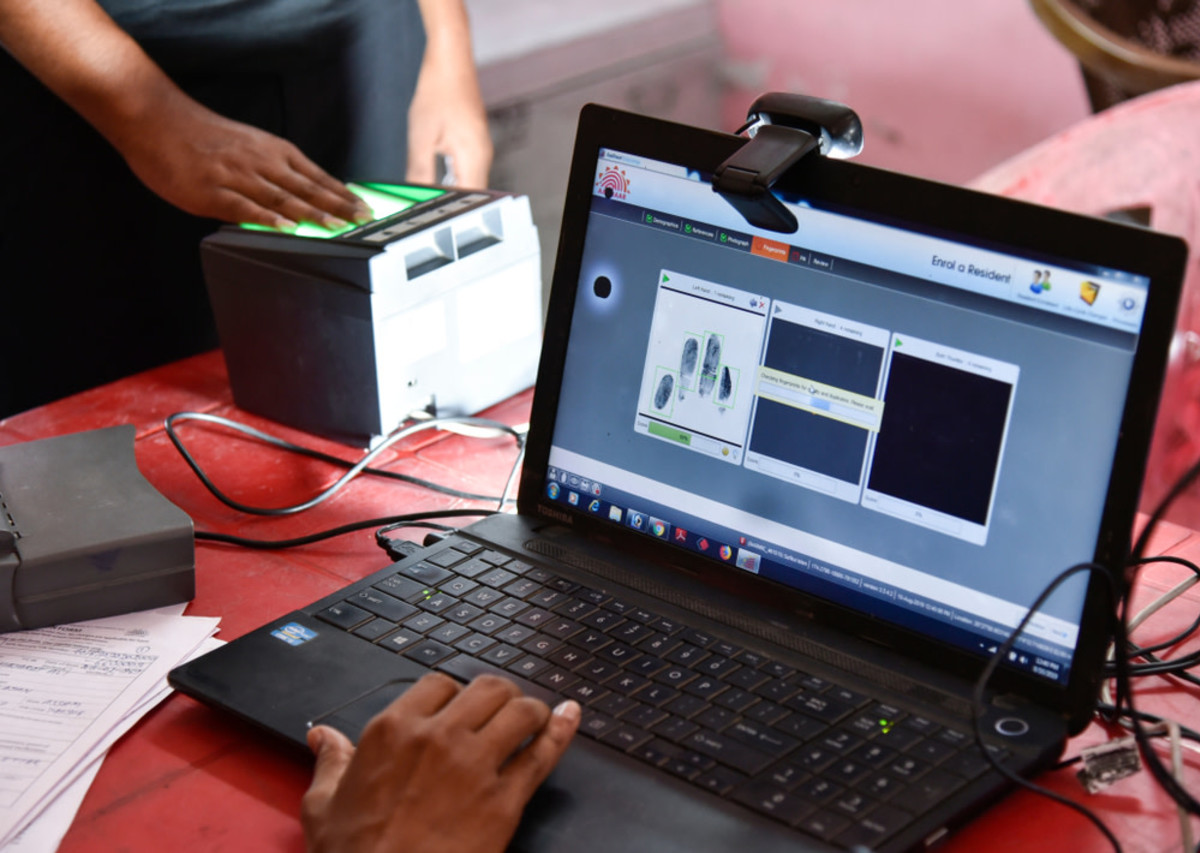The National Cyber Array recommends taking fingerprints with the consent of Israelis due to many victims and spaces that were difficult to identify. The move was presented today (Thursday) in a debate in the Knesset.
Following the Black Sabbath, a number of bodies for identification arrived at the Shura camp within a few days, the likes of which Israel had never known before. In response to the need to identify a large volume in a short time, a variety of methods are used. About 40% of the victims were identified using fingerprints from all the databases that exist in Israel – including those of the IDF and the police – and fingerprints from the national biometric database helped identify eight percent of all victims. The rest of the bodies were identified using DNA samples, dental information and facial recognition as a deliberate measure.
Following the work of headquarters, the unit for biometric applications in the national cyber system now recommends the collection of fingerprints to be taken only with consent from citizens who come to issue identity cards and passports and to store them in the biometric database National for the purpose of identification only in the event of a multi-casualty incident.
The issue required renewed discussion after, at the beginning of the war, the Knesset enacted a temporary order allowing the relevant authorities to receive information from the national biometric database for the purpose of identifying casualties and missing persons. The temporary order also stated that due to the events of the war and the possibility of additional casualties, fingerprints will be collected from those who come to issue identification cards at the Population Authority from this time until the expiration of the order.
Although fingerprints have been collected from citizens in the past, six years ago it was determined that facial recognition technology is accurate enough and can be relied upon for services such as passports and identity cards – which are the main purpose of the database. In light of technological progress, an order was given at the time to begin deleting the collected fingerprints and rely on facial recognition only.
The report of the commissioner of the biometric applications in the national cyber system recommended that the fingerprints will be collected from now on only according to the consent of the citizen and at his discretion and they will be kept in the existing national biometric database, without the establishment of a separate database. The prints will be collected solely for the purpose of identifying spaces and for this use only. Accordingly, it was recommended that a citizen whose fingerprint has already been collected in the past should be able to request its deletion from the database.
The set of data and tests presented in the report show that a fingerprint database can help in identification in a real event in addition to the various identification methods and other databases. The work of the headquarters also revealed that in other countries fingerprints are used to identify spaces from databases that were established for other purposes and do not establish a dedicated biometric database.
The temporary order enacted at the beginning of the war requiring the collection of fingerprints was brought up for renewed discussion in the Knesset today, November 7th, and among other things we will examine whether it is necessary to continue to collect fingerprints for the purposes of identifying victims in a mandatory manner in the process of issuing documentation or to allow it to be left to the citizen’s discretion. In this context, the report recommends that action should be taken to formulate primary legislation on the subject.
At the hearing in the Knesset held today in the Committee on Legislation, Technology and the Interior, where the report was presented, the cyber team recommended to extend the time limit that has so far allowed the use of the existing fingerprints. At the hearing, it was approved to extend the time limit for another half hour, but it was determined that it is necessary to regulate the issue of fingerprints The finger in permanent legislation.
